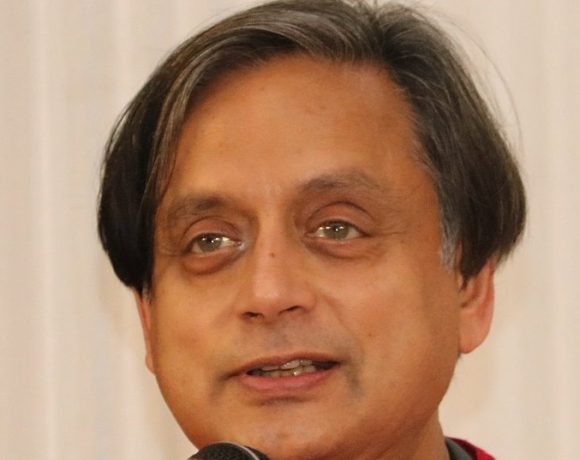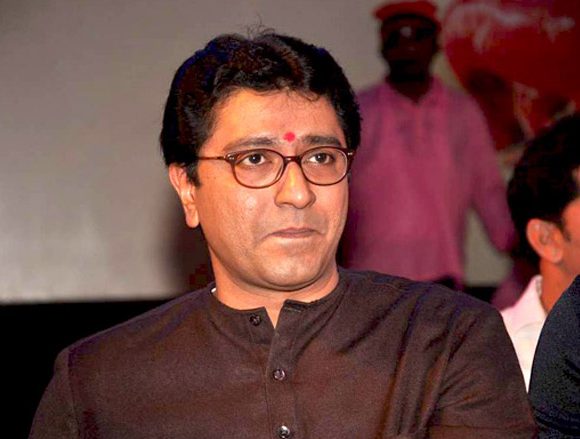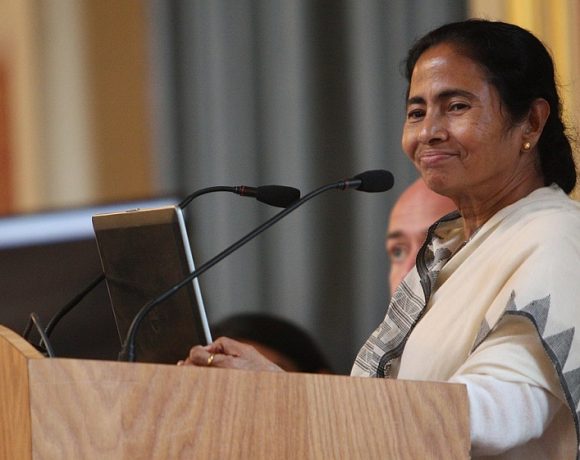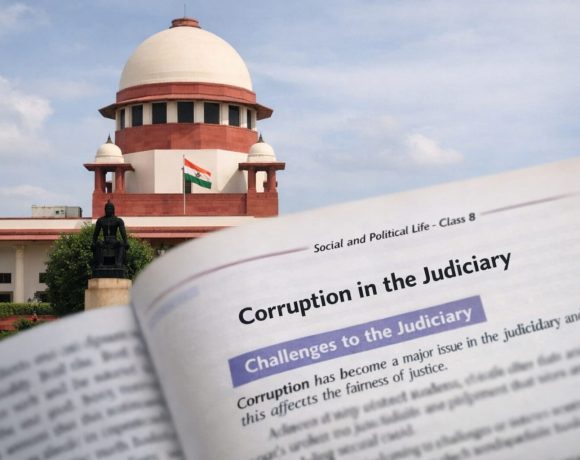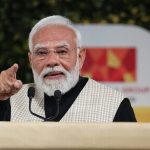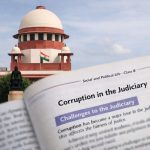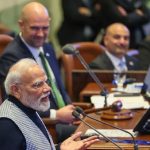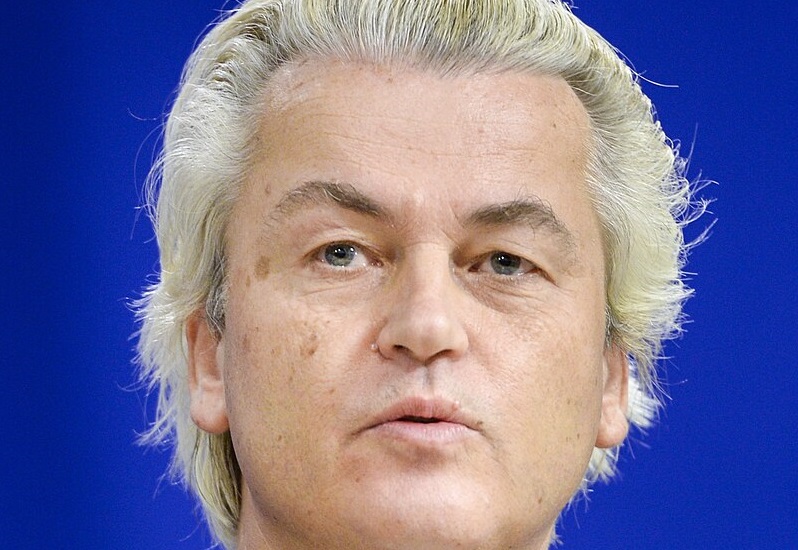
Dutch MP Backs Influencer’s Arrest, Sparks Free Speech Debate
The arrest of 22-year-old Indian law student and influencer Sharmishta Panoli has triggered a heated debate over the boundaries of free speech in India. Panoli was taken into custody by the Kolkata Police in Gurugram, Haryana, after she posted a video on Instagram allegedly making derogatory remarks against a religious community and the Prophet Muhammad. The video was later deleted and followed by an unconditional apology, but that did not stop law enforcement from pursuing charges under the new Bharatiya Nyaya Sanhita.
Authorities claim the video amounted to hate speech and was likely to incite public disorder. Panoli faces charges including promoting enmity between different groups, making provocative statements with intent to cause riots, and disturbing religious harmony. Her arrest has ignited a fierce response both within India and abroad, especially from free speech advocates.
Geert Wilders’ Support: International Spotlight on Panoli’s Case
Dutch far-right politician Geert Wilders, known for his anti-Islamic views and vocal stance on global Islamic issues, has extended support to Panoli. In a post on X (formerly Twitter), Wilders declared:
“Free the brave Sharmishta Panoli! It’s a disgrace for the freedom of speech that she was arrested. Don’t punish her for speaking the truth about Pakistan and Muhammad. Help her @narendramodi!”
This is not Wilders’ first foray into Indian controversies. In 2022, he came to the defense of BJP’s Nupur Sharma when she faced backlash over her remarks on the Prophet. Wilders’ support of Panoli now brings international visibility to the issue, framing it as part of a larger pattern of perceived suppression of dissenting voices under religious pressure.
Indian Political Fallout: Free Speech vs. Hate Speech
Within India, the arrest has provoked a polarized political response. BJP MP Kangana Ranaut criticized the Trinamool Congress-led West Bengal government, warning it not to “turn Bengal into North Korea.” Andhra Pradesh Deputy Chief Minister Pawan Kalyan also defended Panoli, calling out what he viewed as “selective outrage” and hypocrisy in the enforcement of communal harmony laws.
Bar Council of India Chairman Manan Kumar Mishra condemned the arrest as disproportionate, stating it violates Panoli’s right to free expression. Mishra called for her immediate release, highlighting the precedent such arrests could set for the treatment of dissent in democratic societies.
Meanwhile, the Kolkata Police have defended their action, stating Panoli was not arrested for her political opinions but for “spreading communal hatred” through her video. They argued that her content posed a clear risk to law and order and was not protected speech under Indian law.
Legal Challenges and Rising Digital Censorship
Panoli was taken to Kolkata on transit remand after appearing in a Gurugram court. She has been charged under multiple sections of the Bharatiya Nyaya Sanhita. Legal experts are now scrutinizing the police action, especially in light of the swift arrest despite the influencer’s public apology and removal of the video.
Her legal team is preparing to challenge the arrest, citing misuse of power and highlighting the dangers of criminalizing digital expression. The case has opened up larger concerns about rising censorship and state surveillance over social media platforms. With thousands of influencers and digital creators operating in a grey area of online expression, the arrest of Sharmishta Panoli could become a landmark case for the boundaries of digital speech in India.
As legal proceedings unfold, the case of Panoli stands at the intersection of religious sensitivity, political power play, and digital free speech—marking a moment of reckoning for India’s democratic ethos.


